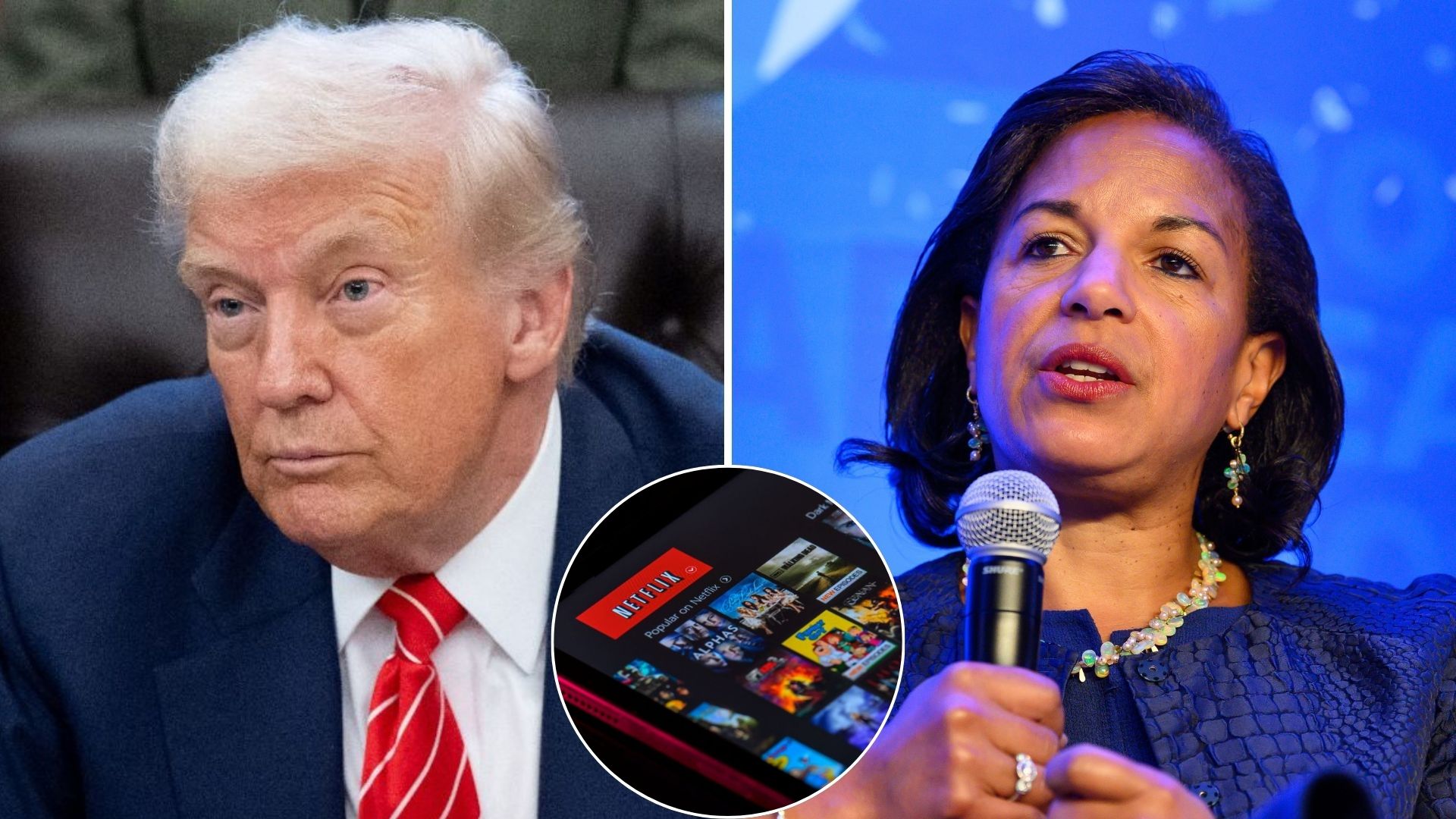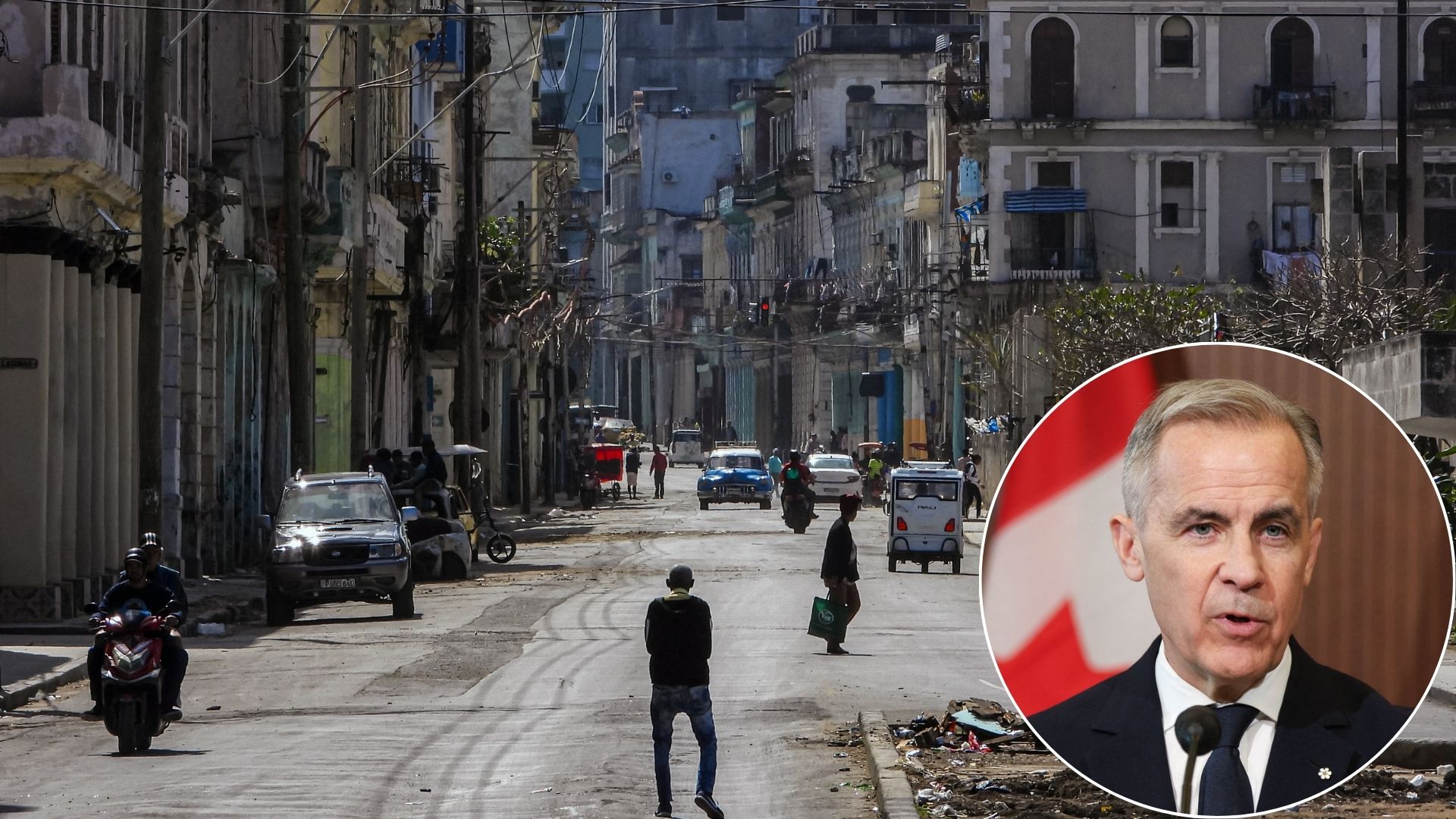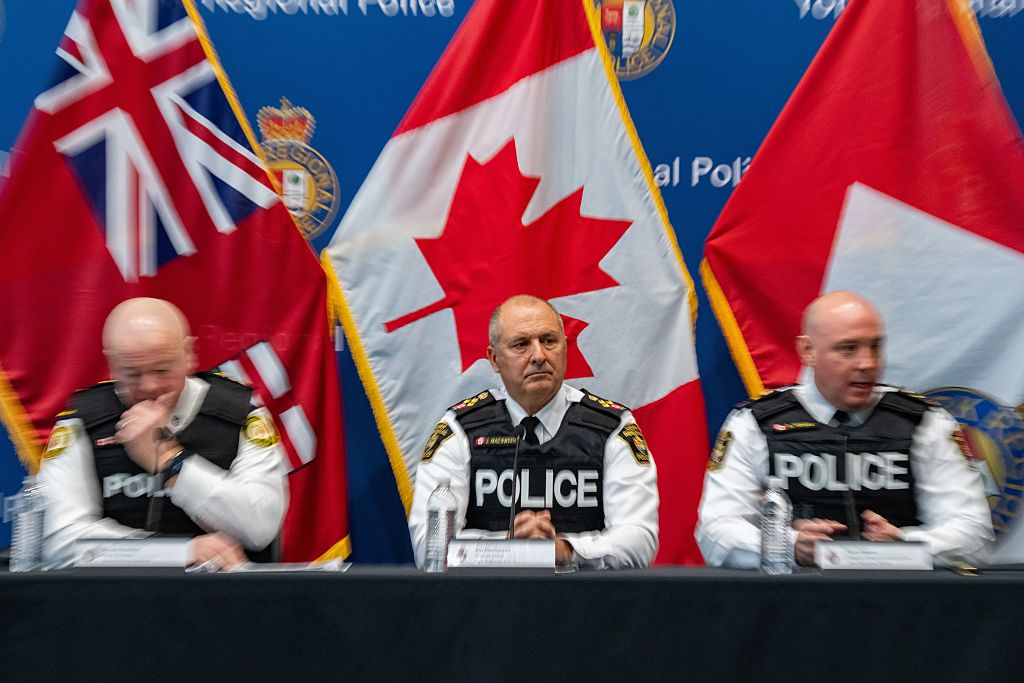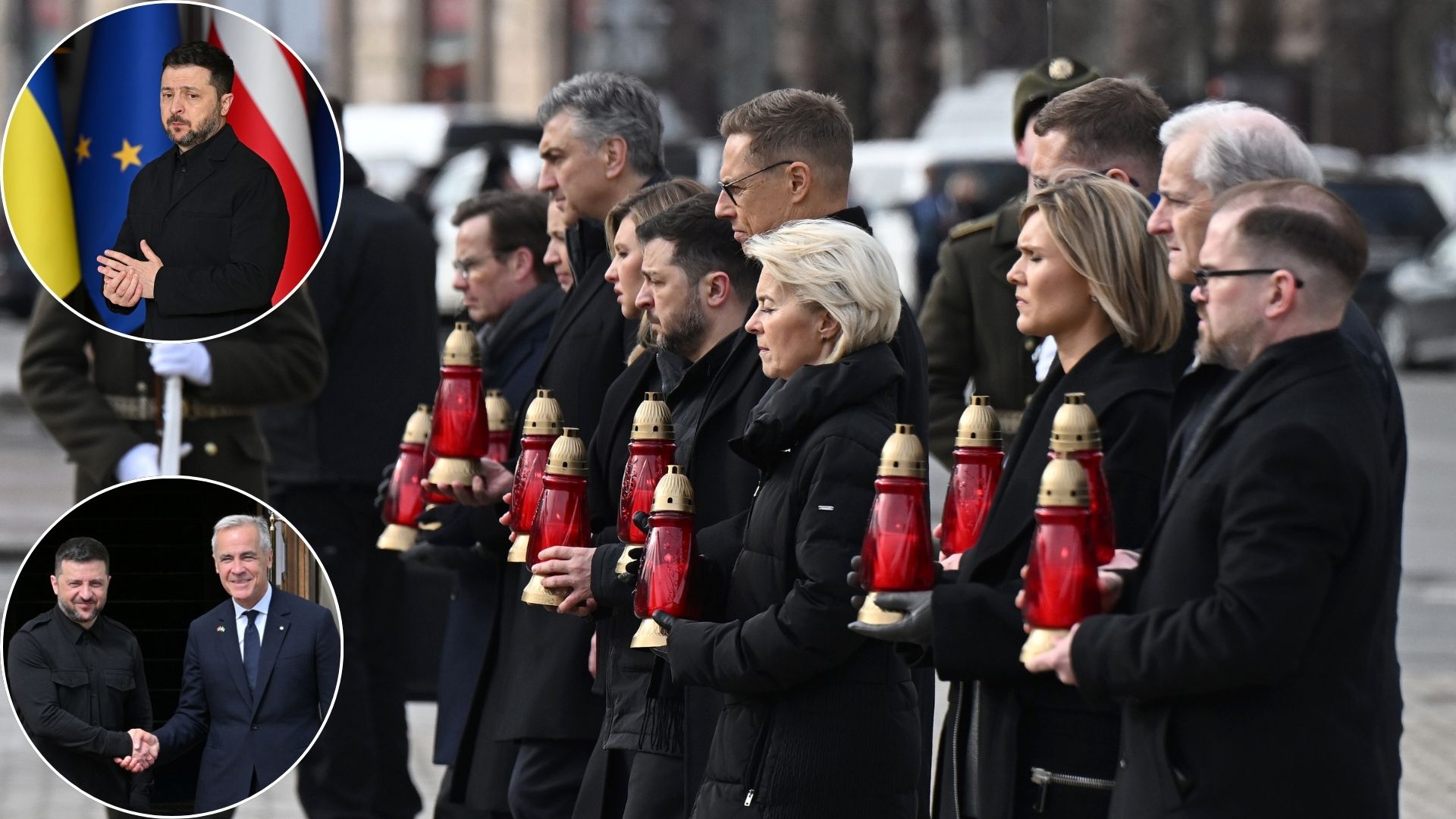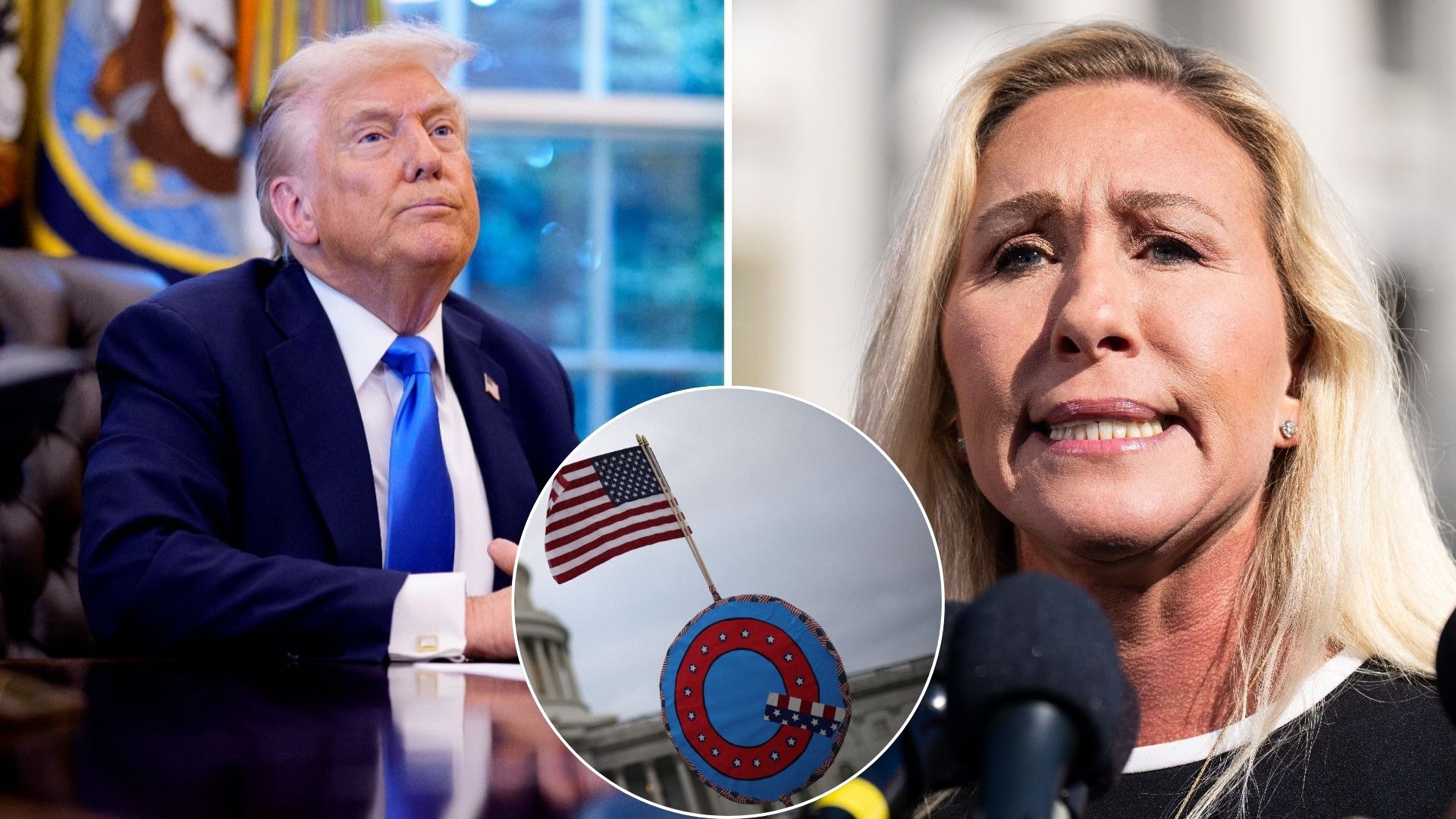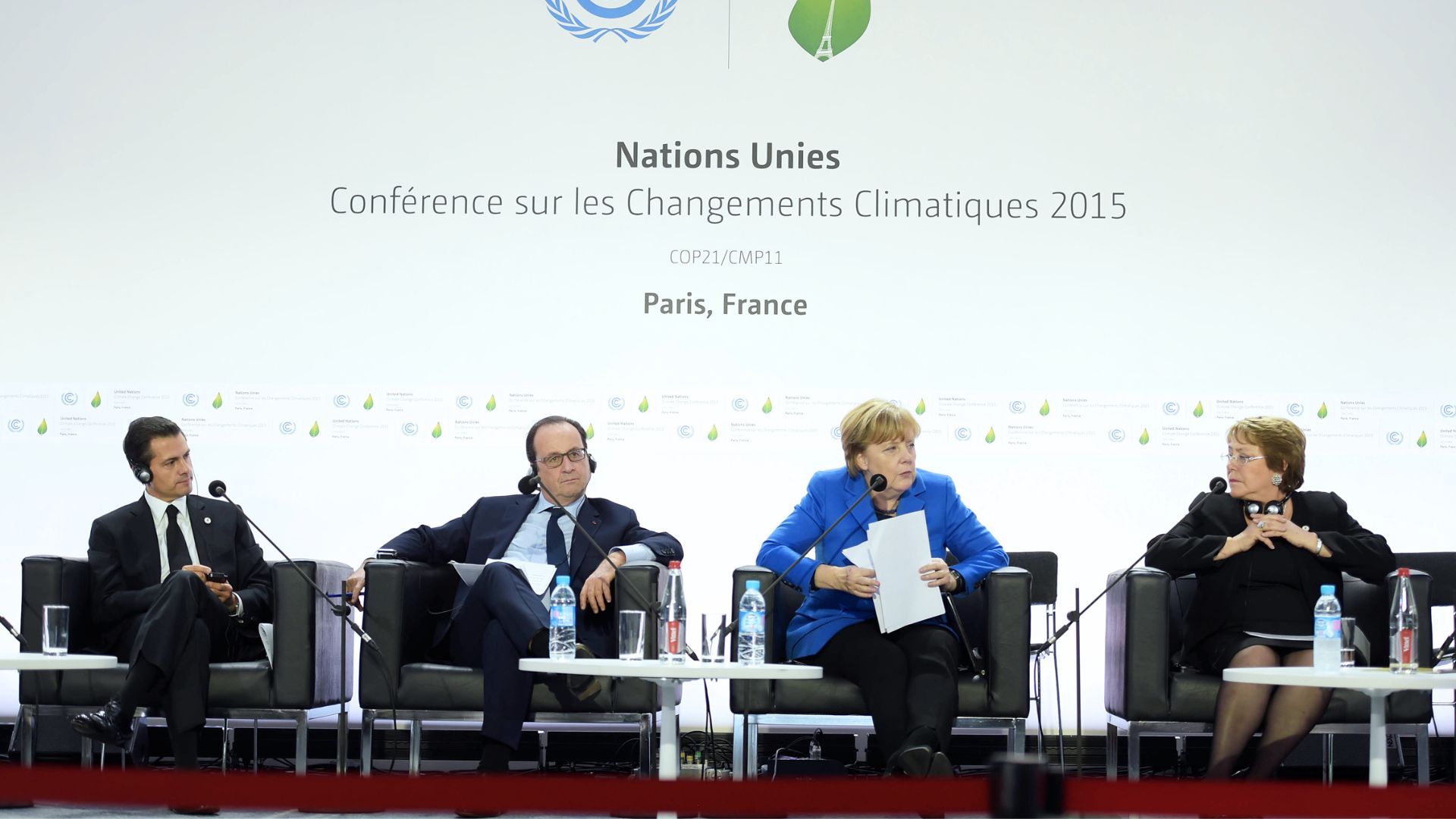
Nations don’t always speak the same language, but sometimes, they understand each other perfectly. In crisis, in celebration, in recovery, the world has moments when it moves in harmony. But just as often, it breaks into suspicion or even war. Those changes don’t happen quietly—they echo for decades. What we choose to do in certain moments either deepens our shared humanity or drives us further apart. So, before we label history as progress, we have to look at both sides. That’s where this story begins: with seven moments of unity and seven where that trust was shattered. Taken together, they tell a powerful truth about the fragile and extraordinary balance that defines life on a shared planet. Let’s start with the turning points that united multiple countries.
The Fall Of The Berlin Wall (1989)

As East and West Berliners took hammers to the wall, the world watched a Cold War symbol crumble in real-time. The broadcast became a global moment of unity and signaled hope for democracy. German reunification followed with international support, and this inspired similar uprisings throughout Eastern Europe.
Formation Of The United Nations (1945)
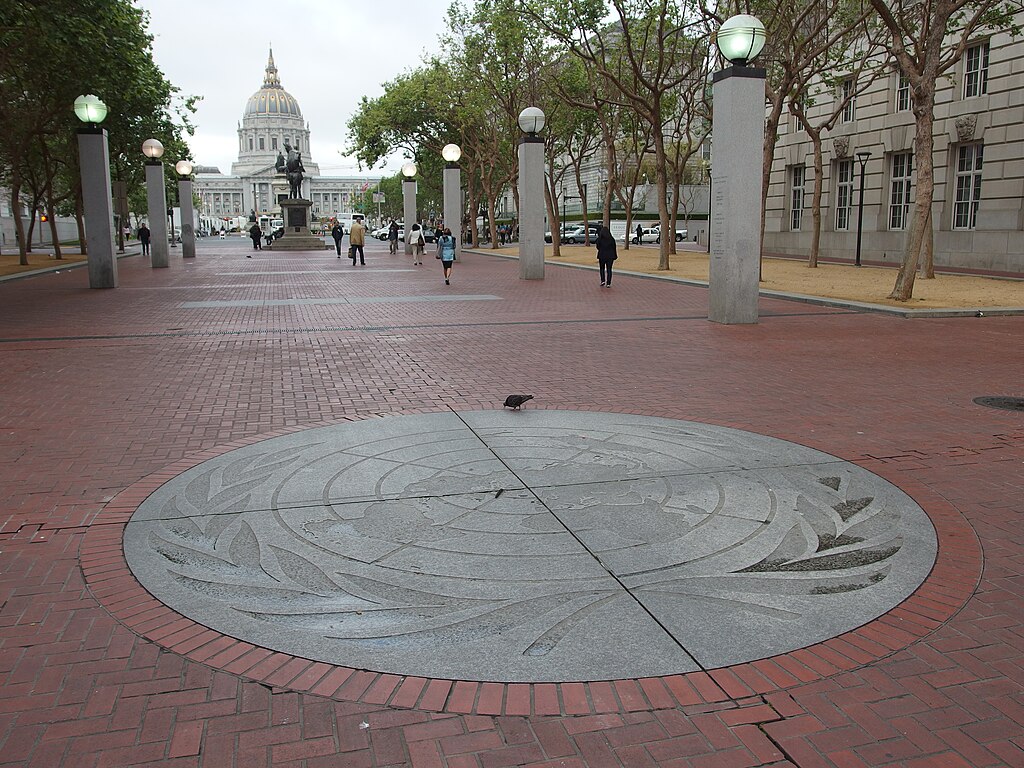
Fifty countries sent delegates to San Francisco to draft the UN Charter and lay the groundwork for lasting peace. This new organization replaced the ineffective League of Nations with stronger systems for global cooperation. The UN’s first efforts were focused on famine relief and resettling refugees, uniting nations for a humanitarian purpose.
The World’s Response To The 2004 Indian Ocean Tsunami
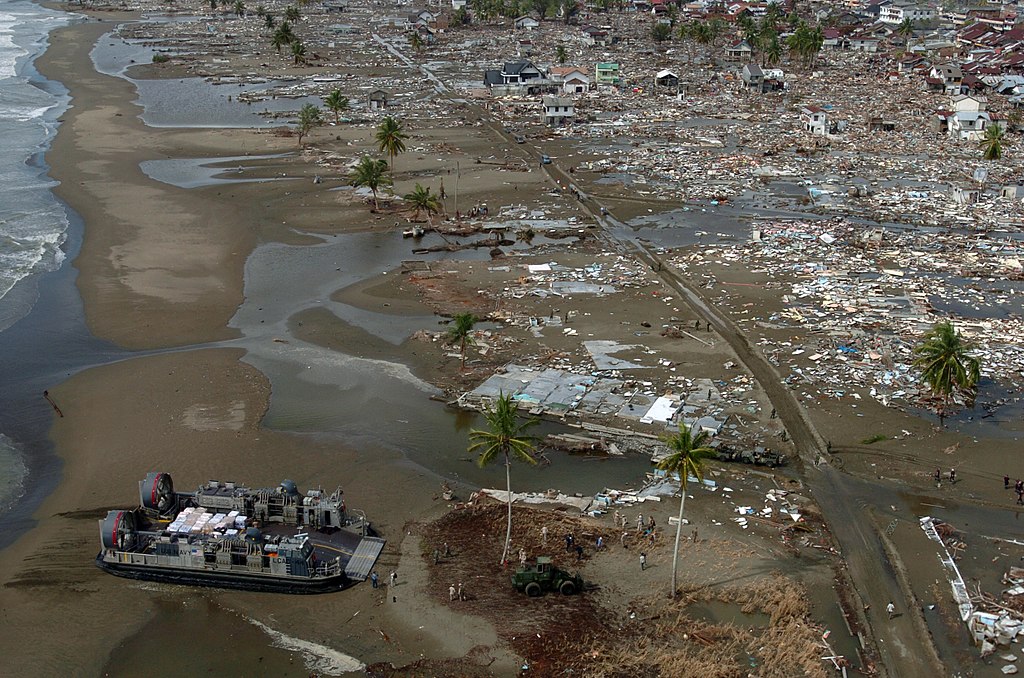
After the catastrophe, countries sent massive aid and pledged billions in relief for the devastated region. Emergency teams from different countries collaborated on the ground, driven by a shared humanity. The tragedy also led to the development of early warning systems and cross-border disaster response strategies still used today.
The Signing Of The Paris Climate Agreement (2015)
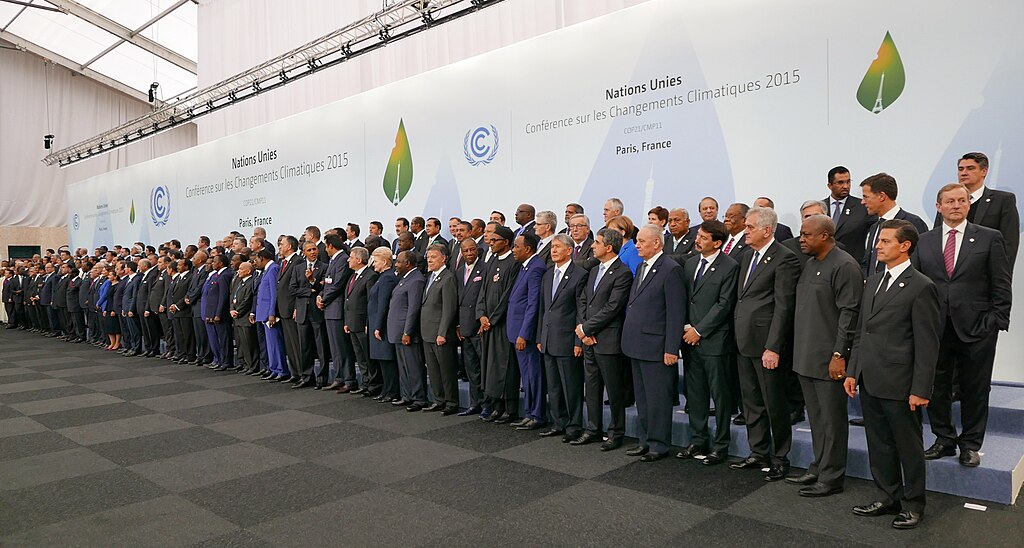
Nearly 200 nations came together to tackle a shared threat, committing to limit global warming to below 2°C. Longtime rivals like China and the U.S. agreed on emission targets. The deal reflected an unprecedented level of global coordination, especially in funding green transitions for poorer countries.
The End Of Apartheid In South Africa (1994)
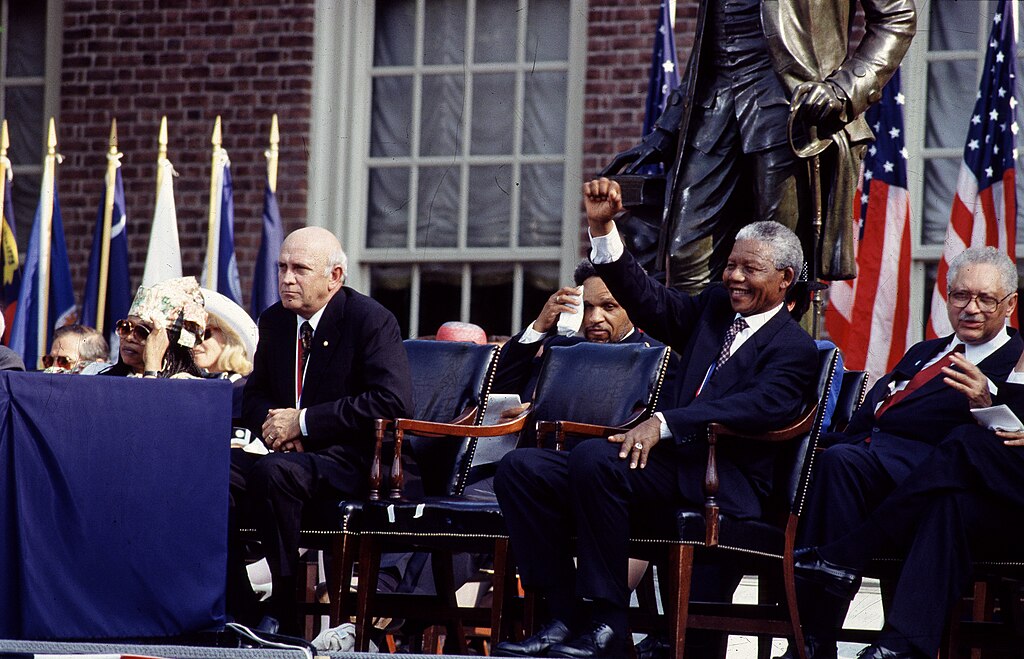
It took sustained global pressure to dismantle apartheid and usher in South Africa’s first democratic election. International observers praised the peaceful process, and Mandela’s presidency symbolized reconciliation. With the lifting of cultural and trade boycotts, the country re-entered the world stage as a united, democratic nation.
International Cooperation In The COVID-19 Vaccine Rollout
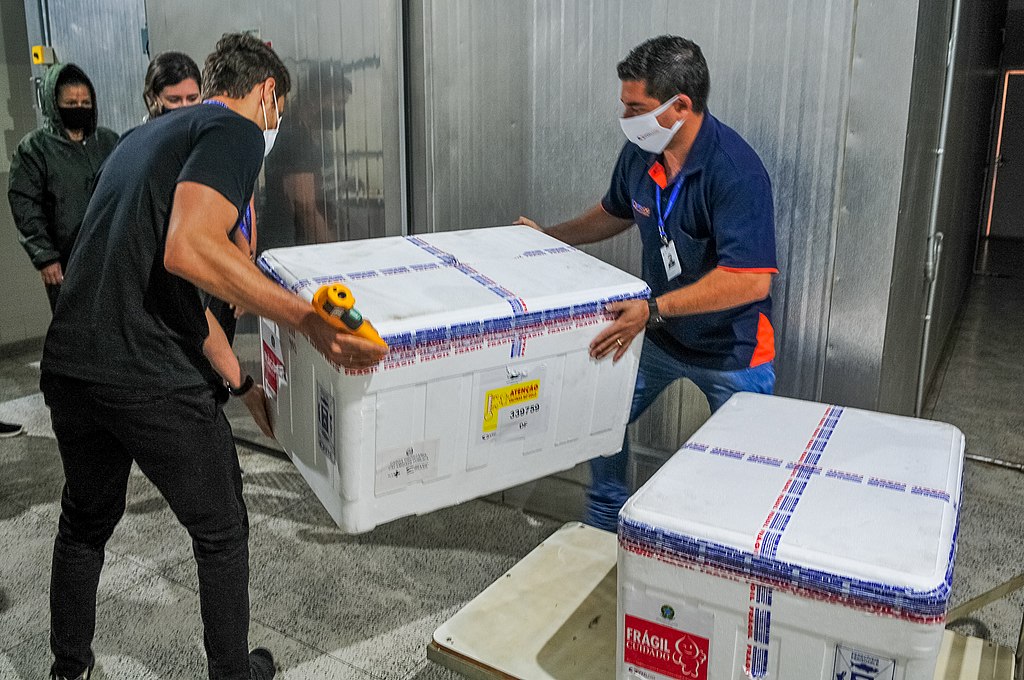
Scientists across continents collaborated to develop vaccines in record time. In the same vein, developed nations pledged billions through initiatives like COVAX to ensure access for lower-income countries. Despite distribution challenges, international cargo flights and the sharing of data helped save lives and shaped a new era of global health coordination.
The Moon Landing Broadcast Worldwide (1969)
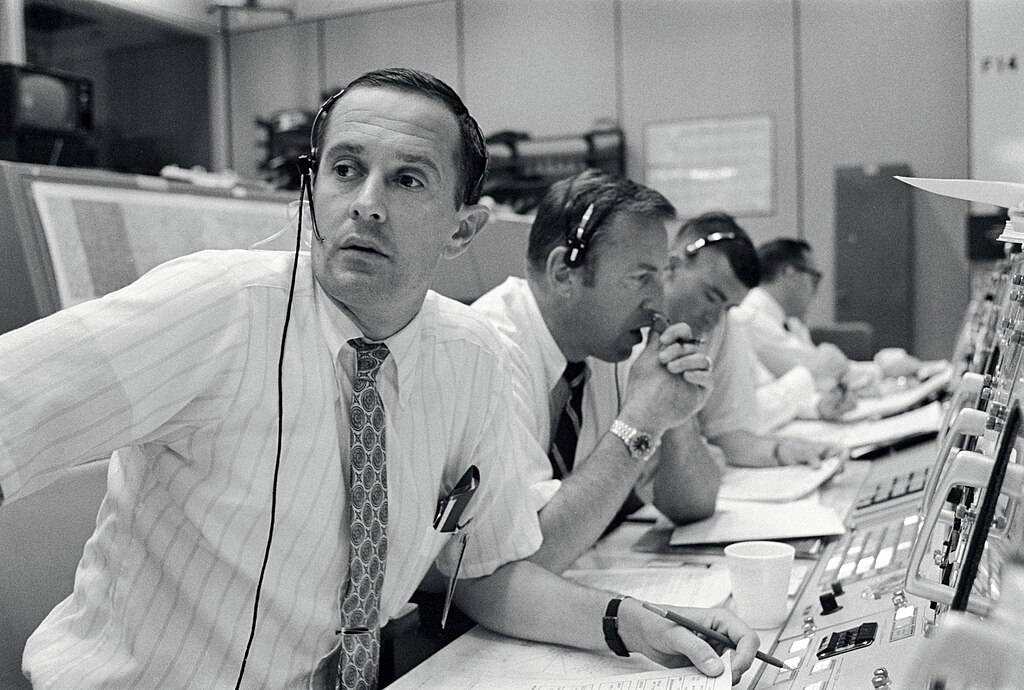
Roughly 650 million people around the world watched Neil Armstrong walk on the Moon in an effort that united humanity in awe. Though an American mission, it was widely celebrated as a human triumph. Messages of peace from global leaders were left on the Moon, paving the way for future space explorations. However, there have been several instances where a single decision fractured international bonds. Let’s look at seven such moments now.
Russia’s Invasion Of Ukraine (2022)
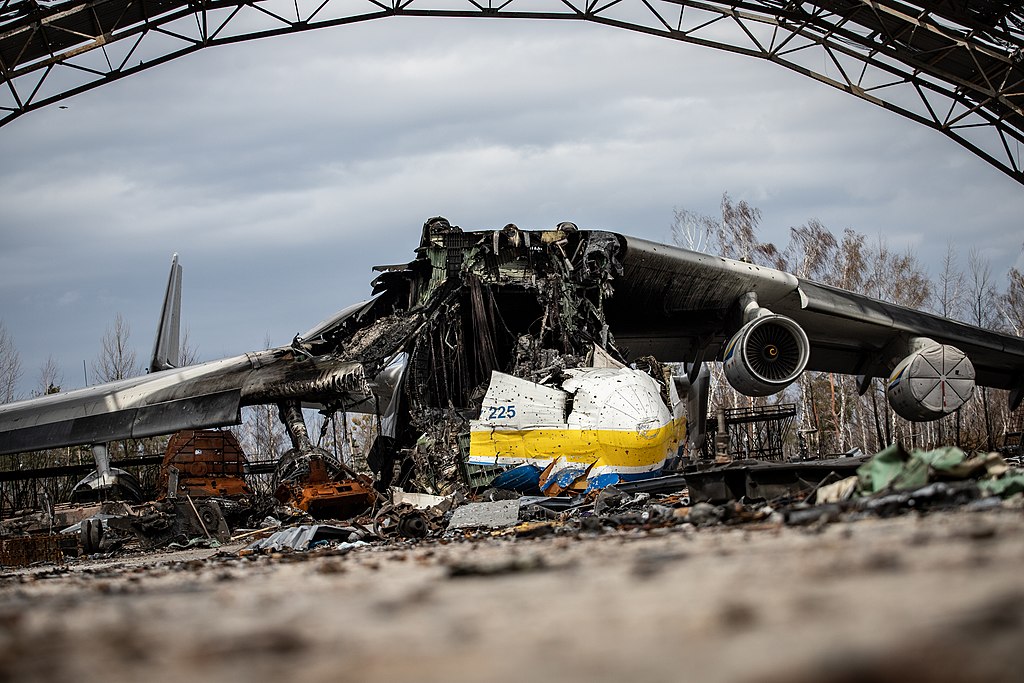
Russia’s attack on Ukraine drew worldwide condemnation and led Europe into its largest conflict since WWII. NATO meted out sanctions against Russia, thereby reawakening tensions between East and West. Millions were also displaced as the war disrupted global food and energy supplies while straining alliances and deepening geopolitical divides.
The 9/11 Terrorist Attacks (2001)
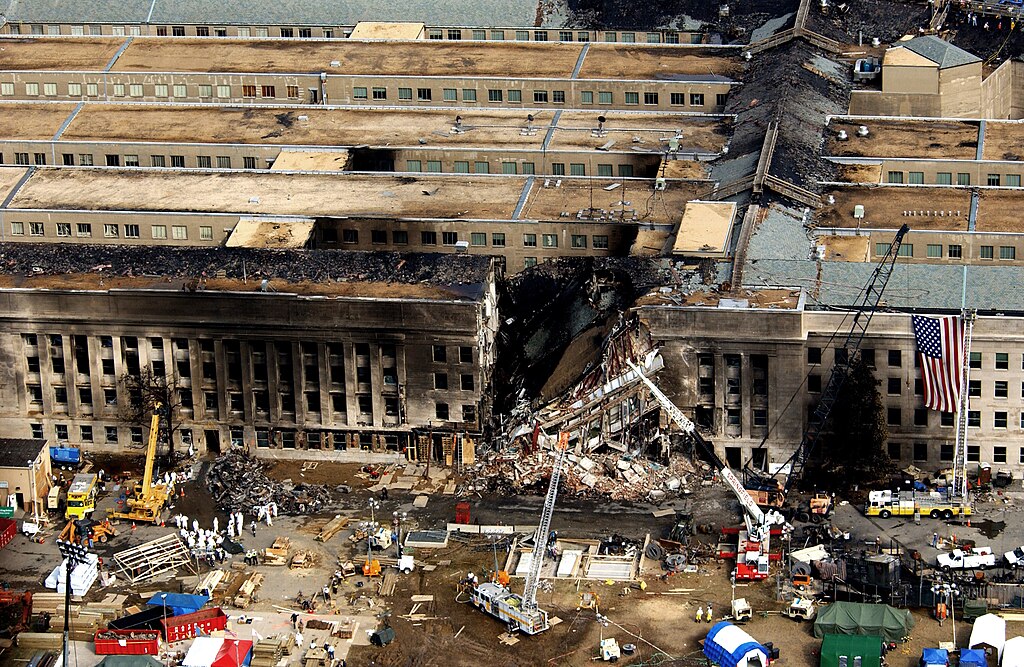
These attacks on American soil killed nearly 3,000 people and shocked the world into a new security era. In response, the U.S. launched the War on Terror mission, the results of which were long and costly wars. The ripple effect changed global diplomacy, surveillance, and trust among international partners.
Brexit And The UK's Exit From The European Union (2016)
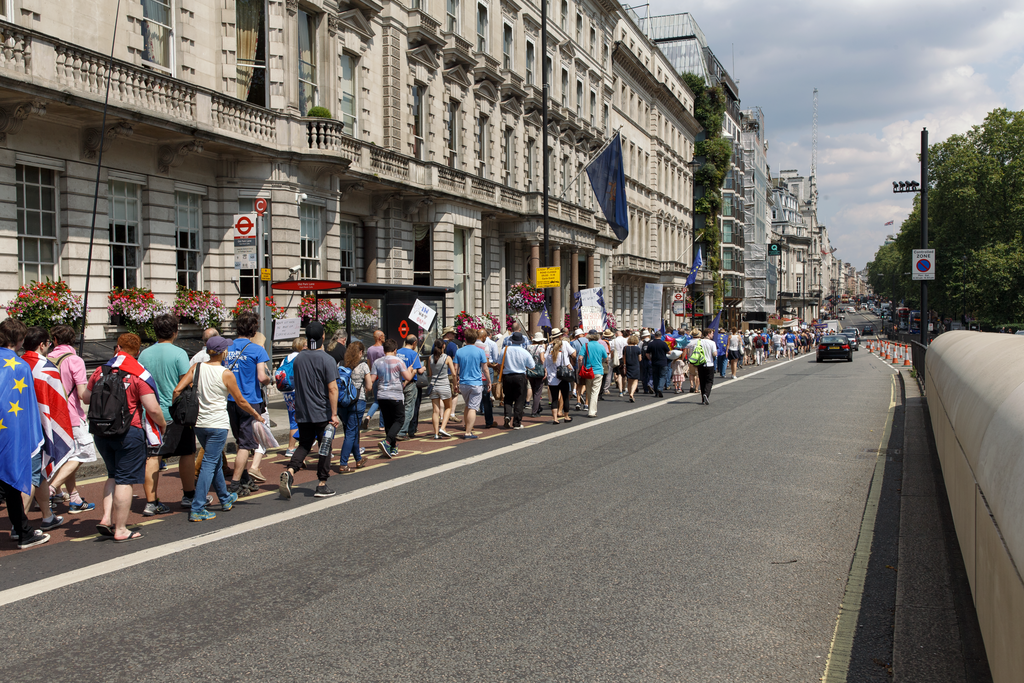
Britain’s vote to leave the EU ended over 40 years of political and economic harmony. This decision splintered UK politics and disrupted trade agreements worldwide. It also emboldened nationalist movements across Europe and challenged the unity of the EU’s vision and institutions.
The U.S. Invasion Of Iraq Without UN Approval (2003)
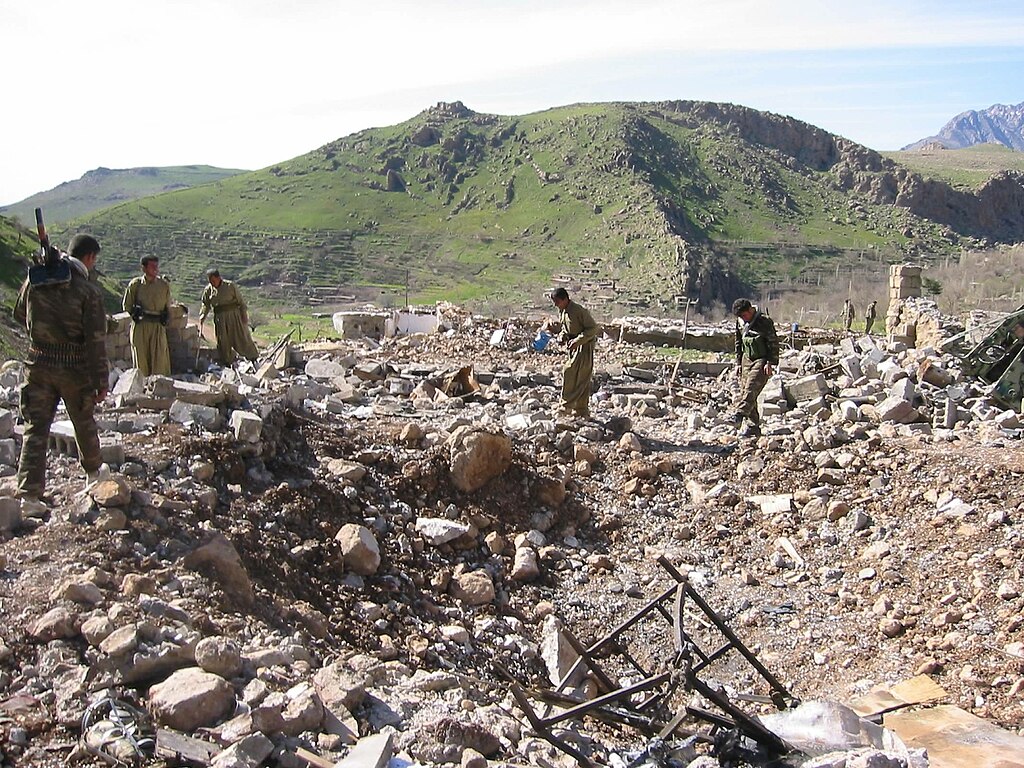
Citing weapons of mass destruction, the U.S. invaded Iraq without the United Nations’ backing. Key global powers opposed the action, while mass protests erupted in dozens of countries. Ultimately, the war destabilized the Middle East and affected long-standing alliances. It also reshaped trust in Western foreign policy.
The Partition Of India And Pakistan (1947)
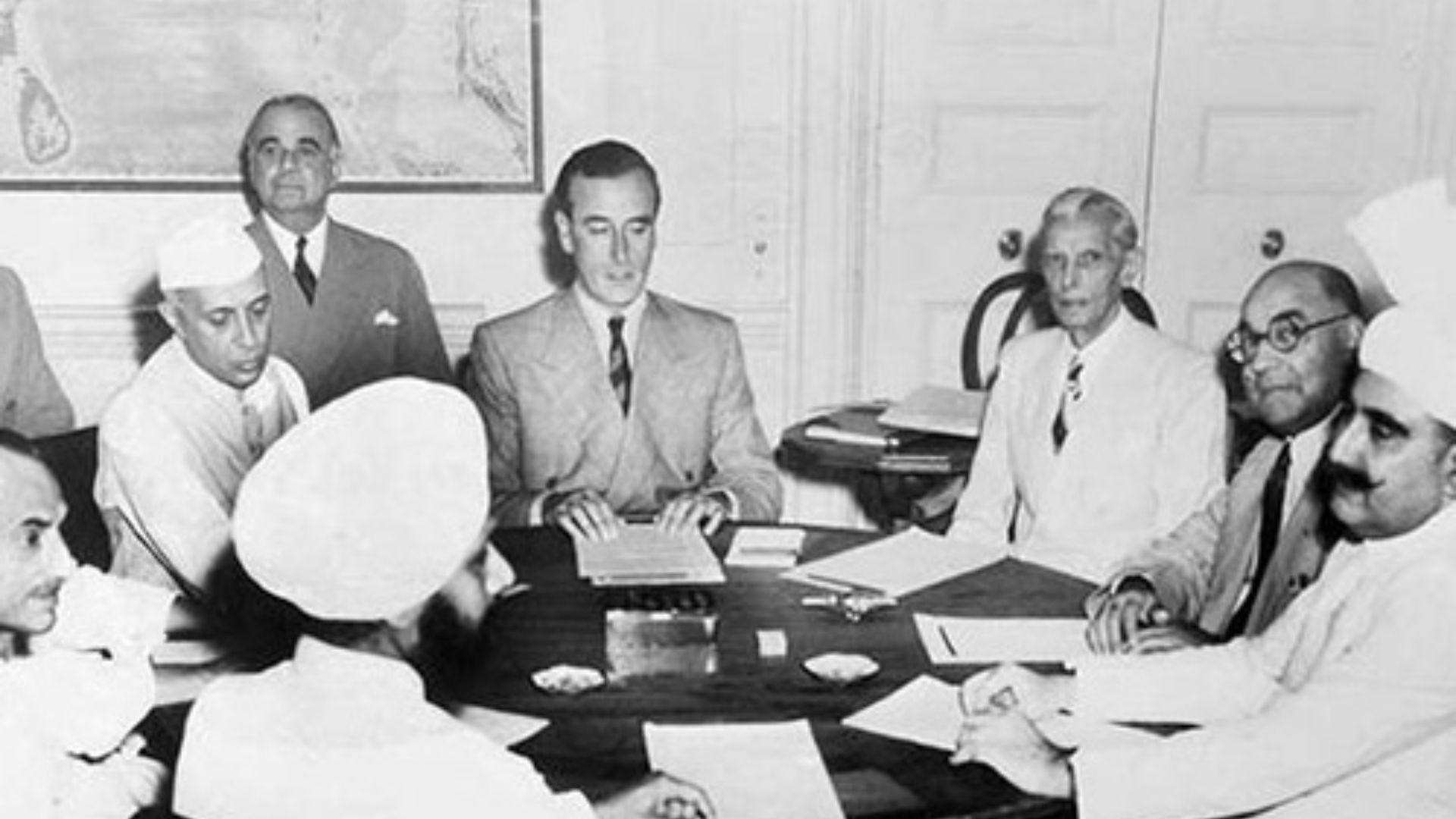
Britain’s hurried withdrawal from India in 1947 triggered a violent partition, displacing millions and sparking deadly religious riots. India and Pakistan emerged from colonial rule, deeply divided. What followed was decades of hostility, bloodshed, and unresolved border conflicts—scars that continue to fuel regional tensions even today.
The Rwandan Genocide (1994)
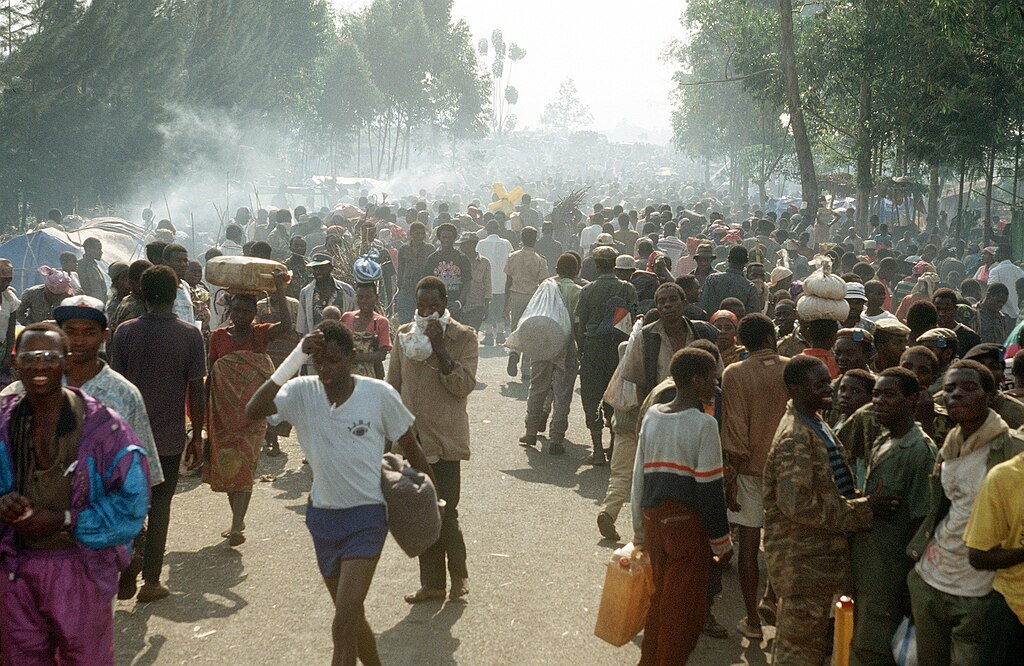
In 100 days, nearly one million Tutsi and some Hutu were slaughtered as the world failed to act. The genocide exposed deep flaws in UN peacekeeping and international response mechanisms. It destabilized neighboring countries and sparked a humanitarian crisis that shook global confidence in intervention policies.
The Oil Crisis Resulting From The Yom Kippur War (1973)
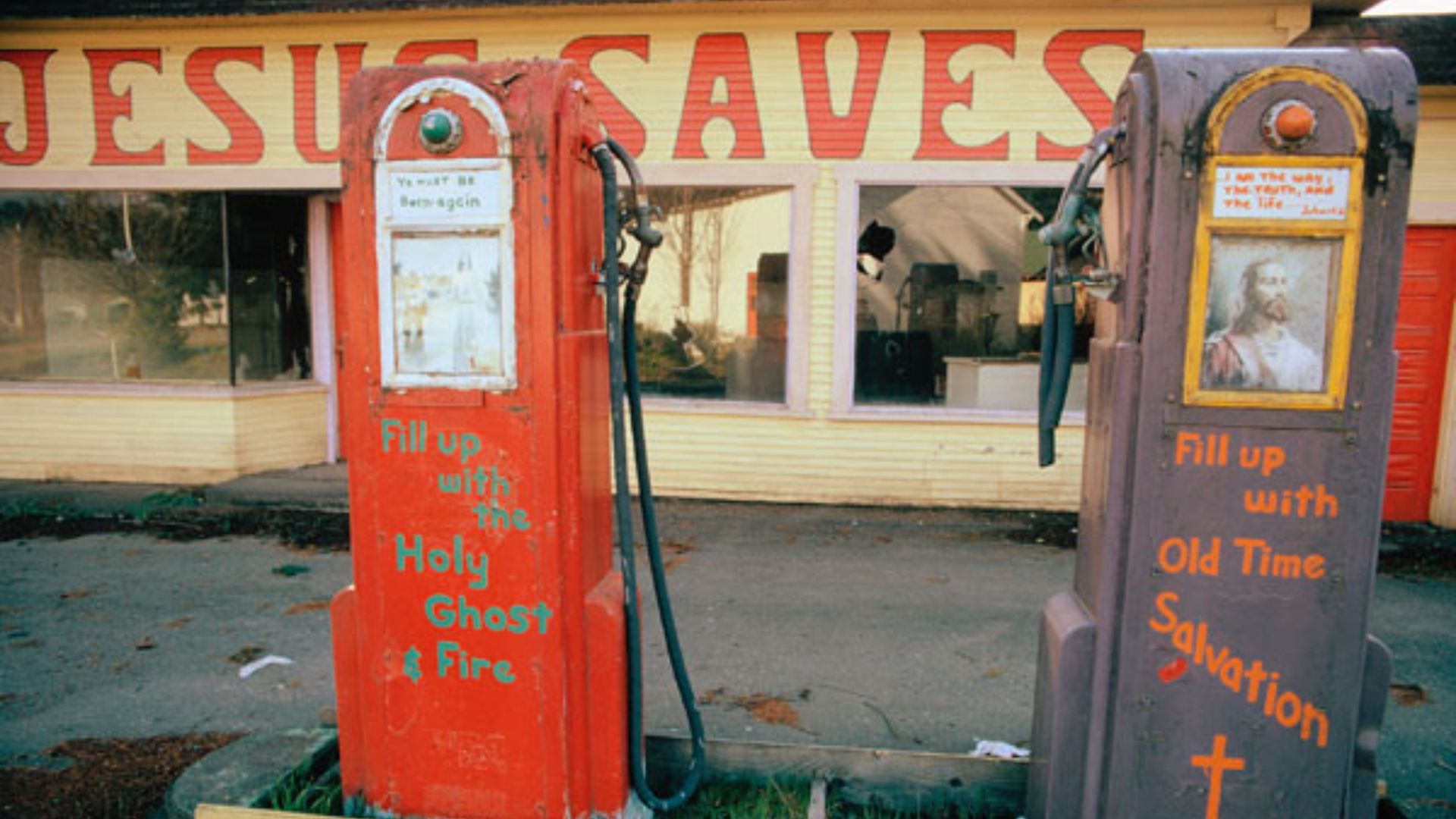
A surprise attack on Israel led Cold War superpowers to back opposing sides and raised fears of a wider conflict. In retaliation, OPEC cut oil exports to the West, triggering a global energy crisis. The war reshaped alliances and cemented deep divides in Middle Eastern geopolitics.
